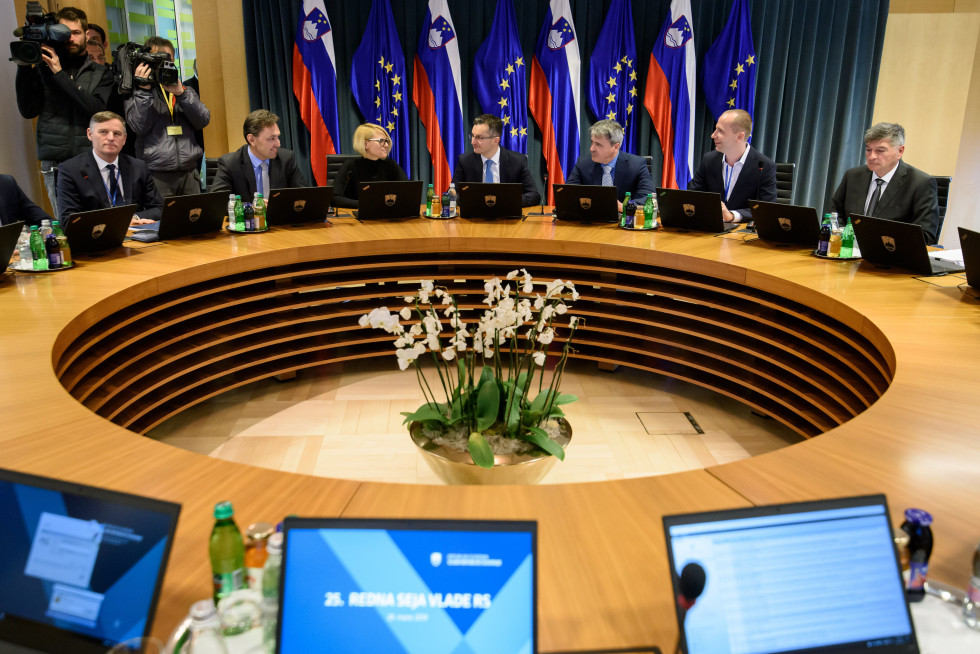52nd ordinary session of the Government of the Republic of Slovenia
The government has adopted a decision to send material aid to Albania following a bilateral request. The aid comprises tents, beds, bedding, sleeping bags, generators, single-use sheets and single-use pillowcases and is a response to the earthquake that struck the country on 26 November. The estimated value of the aid, including transport, is EUR 126,000.
The government has also defined the text of the draft Act amending the Intellectual Property Act. The draft act incorporates into Slovenian law the provisions of the Directive of the European Parliament and of the Council to approximate the laws of the Member States relating to trade marks. Member States must transpose the provisions into their domestic law by 14 January 2019.
The Directive was adopted with the aim of harmonising national laws and procedural rules in the field of trade marks with those applying to the registration of trade marks in the EU. It will ensure that trade mark registration systems are more accessible to and efficient for companies throughout the EU. The Directive gives a broader definition of the signs and characters that may constitute a trade mark. It determines more precisely the reasons why a trade mark might be rejected, regulates the collective trade mark as a mandatory trade mark type, and enables the introduction of guarantee and certification marks. The scope is extended of the absolute grounds for the Slovenian Intellectual Property Office not registering a trade mark applied for and checking every trade mark application ex officio. A new exhaustive list of the grounds for refusing or revoking a trade mark is provided. Major emphasis is placed on the use of trade marks. If the holder of a trade mark does not use it, this may lead to the trade mark being revoked through non-use. Directive sets out the mandatory regulation of procedures for the revocation or declaration of invalidity of trade marks as an administrative procedure.


